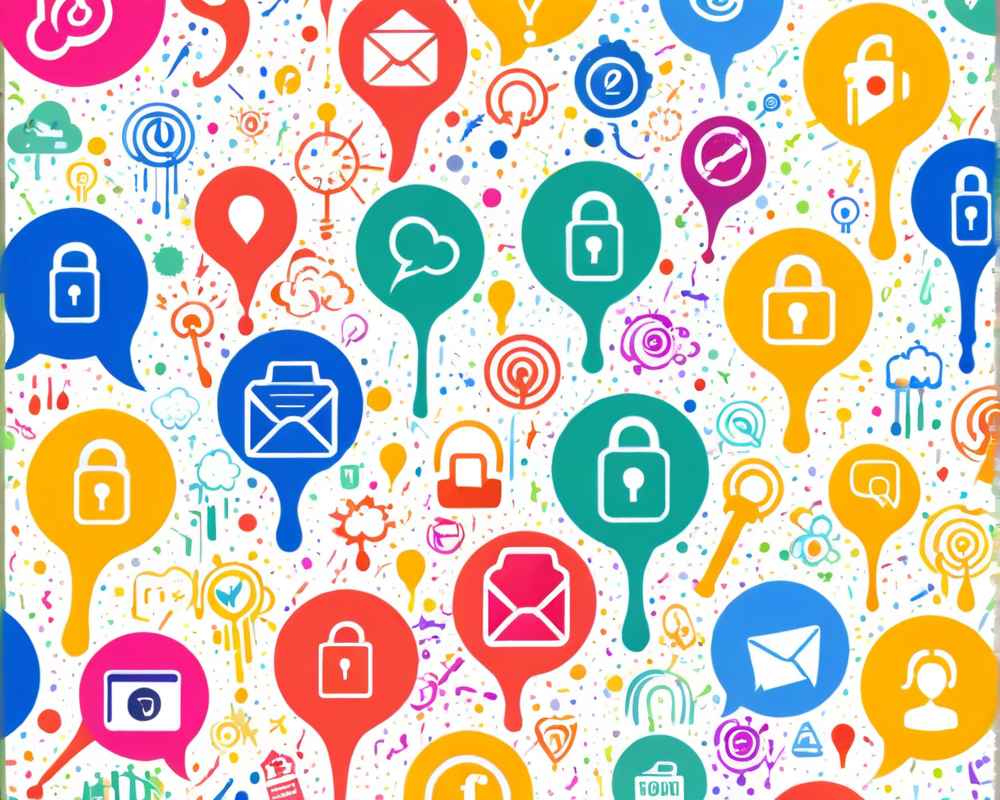The Digital Dilemma: Identity Theft in Our Tech-Savvy World
Welcome to the digital jungle, where the conveniences of online life come with a hefty dose of potential identity theft. With every click, we’re either connecting with loved ones or inadvertently inviting cybercriminals into our lives. Keeping your identity safe online might sound like a task for a superhero, but fear not! With these practical strategies, you’ll be armed to the teeth against data thieves.
Power Up with Strong Passwords
Think of your password as the bouncer at the hottest club in town—you need it tough enough that only you (and maybe an extra trusted friend) can get in. A formidable password is at least eight characters and a delightful cocktail of symbols, numbers, and both uppercase and lowercase letters.
Here’s a tip: take a moment to concoct unique passwords for each account because if hackers crack one, they’ll be on a spree!
- Avoid tired clichés like “password” or “123456”—really?
- Consider using a password manager; it’s like having a secret vault for all your digital keys.
Two-Factor Authentication: Your Sidekick
Imagine if every time you entered your house, you had to perform a secret handshake. That’s exactly what two-factor authentication (2FA) does for your online accounts! 2FA adds a level of complexity to your login process by demanding a second piece of information in addition to your password.
When enabled, not even a password-savvy villain can easily crack your account!
- SMS-based 2FA: You get a text with a special code.
- App-based 2FA: You generate a unique code from an app on your phone—like a digital secret agent.
- Hardware-based 2FA: This uses a physical device to authorize your access—think of it as a key to your personal fortress.
Spotting Phishing Scams Like a Pro
Phishing scams are like sleazy street performers trying to pull a fast one. To outsmart them, keep your antennae tuned and stay suspicious of sketchy emails. Always confirm the sender’s identity—often, it’s the sneaky scammers disguised as your friendly neighbor.
- Never click on suspicious links or download attachments unless you’re willing to invite chaos.
- Use anti-phishing software to bolster your defenses—it’s like having a security detail for your inbox.
Hide Your Tracks with a VPN
A virtual private network (VPN) is your online invisibility cloak. It encrypts your internet traffic, making it tough for others to snoop on you—especially when you’re bumming free Wi-Fi at your favorite coffee shop.
Select a reputable VPN provider that values your privacy like it’s the family jewels. With a solid VPN, you’re safe from prying eyes, whether you’re surfing the web or binge-watching *that* show everyone’s been raving about.
Update Your Software Regularly, Like Clockwork
Just like your favorite TV series, outdated software can become a real snooze fest and a security risk. Those software updates? They might seem annoying, but they’re crucial to patching up vulnerabilities that hackers are more than happy to exploit.
- Stay on top of updates for your operating system, browsers, and apps across all devices.
- Avoid running unsupported software—because who wants to live with a dinosaur?
Get a Trusty Antivirus Software
Your online security is only as strong as your antivirus software. Think of it as your digital bodyguard, hunting down malware and spyware like a seasoned detective on a crime spree.
Always choose software from reputable vendors, and don’t forget to keep your antivirus updated, so it can combat the latest security threats. Regularly scanning for malware and unusual activity is like giving your devices a health check-up—don’t skip this!




